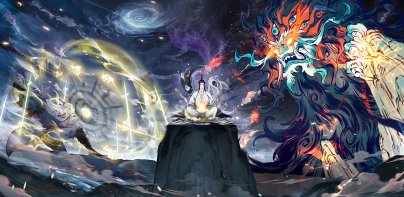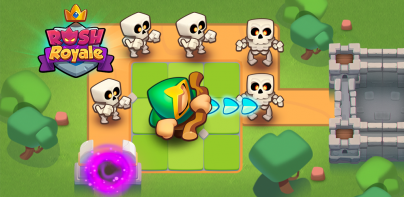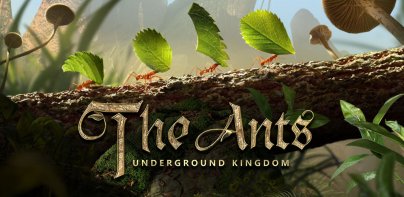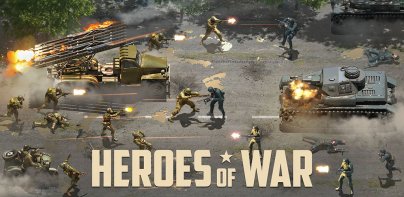







Mahabharat (महाभारत)

Beschreibung von Mahabharat (महाभारत)
The Mahabharata is an ancient Indian epic where the main story revolves around two branches of a family - the Pandavas and Kauravas - who, in the Kurukshetra War, battle for the throne of Hastinapura. Interwoven into this narrative are several smaller stories about people dead or living, and philosophical discourses. Krishna-Dwaipayan Vyasa, himself a character in the epic, composed it; as, according to tradition, he dictated the verses and Ganesha wrote them down. At 100,000 verses, it is the longest epic poem ever written, generally thought to have been composed in the 4th century BCE or earlier. The events in the epic play out in the Indian subcontinent and surrounding areas. It was first narrated by a student of Vyasa at a snake-sacrifice of the great-grandson of one of the major characters of the story. Including within it the Bhagavad Gita, the Mahabharata is one of the most important texts of ancient Indian, indeed world, literature.
Der Mahabharata ist ein altes indisches Epos, in dem sich die Hauptgeschichte um zwei Zweige einer Familie dreht - die Pandavas und Kauravas - die im Kurukshetra-Krieg um den Thron von Hastinapura kämpfen. In diese Erzählung sind mehrere kleinere Geschichten über Tote oder Lebende und philosophische Diskurse eingebunden. Krishna-Dwaipayan Vyasa, selbst eine Figur des Epos, hat es komponiert. Nach der Überlieferung diktierte er die Verse und Ganesha schrieb sie nieder. Mit 100.000 Versen ist es das längste jemals geschriebene epische Gedicht, von dem allgemein angenommen wird, dass es im 4. Jahrhundert v. Chr. Oder früher verfasst wurde. Die Ereignisse des Epos spielen sich auf dem indischen Subkontinent und in den umliegenden Gebieten ab. Es wurde zuerst von einem Schüler von Vyasa bei einem Schlangenopfer des Urenkel einer der Hauptfiguren der Geschichte erzählt. Darin eingeschlossen ist die Bhagavad Gita, der Mahabharata, einer der wichtigsten Texte der altindischen, ja weltlichen Literatur.


























